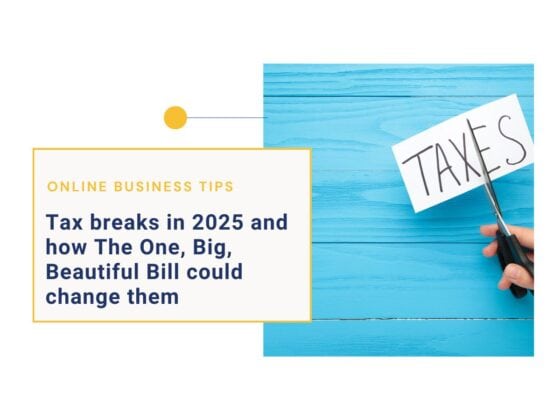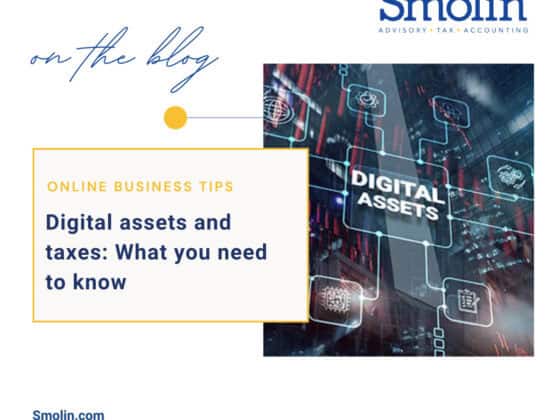If you’ve noticed market fluctuations leading to significant gains or losses on your investments this year, you might be wondering how this will impact your 2023 tax returns.
It’s hard to say with complete certainty since nothing is decided until the final results of your trades at year’s end. However, you can still take measures to avoid tax surprises.
Here’s what you need to know.
Retirement accounts: tax-favored and taxable accounts
Investment swings in tax-favored retirement accounts, such as 401(k)s, traditional IRAs, Roth IRAs, and SEP IRAs, have no immediate tax impact. Although your account balance is affected by market fluctuations, you won’t be taxed on that balance until you begin withdrawing money.
After you turn 59 ½, qualified withdrawals from your Roth IRA will be federal income tax-free.
What about taxable accounts?
Unrealized gains and losses won’t affect your tax bill. Cumulative gains and losses from trades executed during the year, however, will.
Overall loss in 2023
If your losses for the year have outpaced your gains, you have a net capital loss. To determine the loss and apply it, take the following three steps.
- Divide your gains and losses into short-term gains and losses from investments held for one year or less and long-term gains and losses from investments held for more than one year.
- You have a net short-term capital loss for the year if your short-term losses exceed your short- and long-term gains.
- You have a net long-term capital loss for the year if your long-term losses exceed the total of your long- and short-term gains.
- Claim your allowable net capital loss deduction of up to $3,000 ($1,500 if you use married filing separate status).
- Carry over any remaining net short-term or long-term capital loss after Step 2 to next year, when it can be used to offset capital gains in 2024 and beyond.
Overall gain in 2023
If your gains for the year exceed your losses, congratulations! To calculate your net capital gain, do the following.
- Divide your gains and losses into short-term gains and losses from investments held for one year or less and long-term gains and losses from investments held for more than one year.
- If your short-term gains exceed the total of your short- and long-term losses, you have a net short-term capital gain for the year.
- If your long-term gains exceed the total of your long- and short-term losses, you have a net long-term capital gain for the year.
Net long-term and short-term gain
Your regular federal income tax rate (which can be up to 37%) applies to net short-term capital gain. In addition, you may owe an additional 3.8% on net investment income tax (NIIT), as well as state income tax.
Net long-term capital gain (LTCG) is taxed at the lower federal capital gain tax rate of 0%, 15%, or 20%.
Most people pay 15%. If you’re a high-income individual, you’ll owe the maximum rate of 20% on the lesser of:
1) net LTCG
OR
2) the excess of taxable income, including any net LTCG, over the applicable threshold.
In 2023, the thresholds are:
- Married filing jointly: $553,850
- Single filers: $492,300
- Heads of household: $523,050
Again, you may also owe the NIIT and state income tax.
NIIT Impact
The 3.8% Net Investment Income Tax (NIIT) applies to the lesser of your net investment income, including capital gains, or the amount by which your modified adjusted gross income (MAGI) exceeds the following thresholds:
- Married filing jointly: $250,000
- Singles and heads of household: $200,000
- Married filing separately: $125,000
Year-end is still months away
While these figures are helpful to avoid end-of-year sticker shock, your 2023 tax outcomes won’t be apparent until all of the gains and losses for the year’s trades are completed and added up.
Have questions? Smolin can help.
If you want a clearer picture of what to expect come tax time, we can help. Contact the friendly staff at Smolin to learn more.


